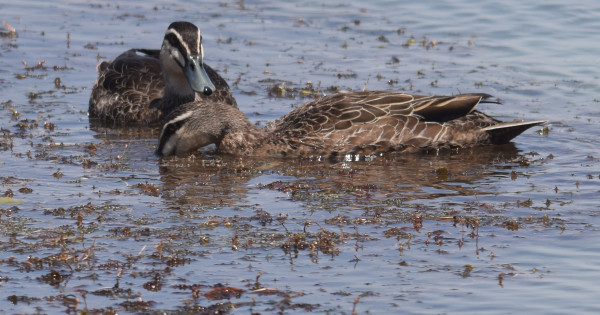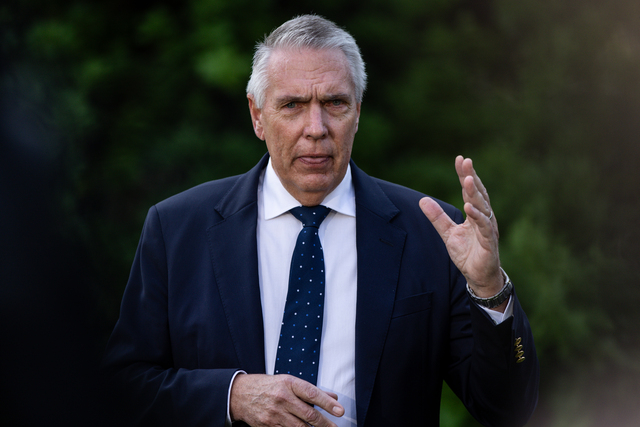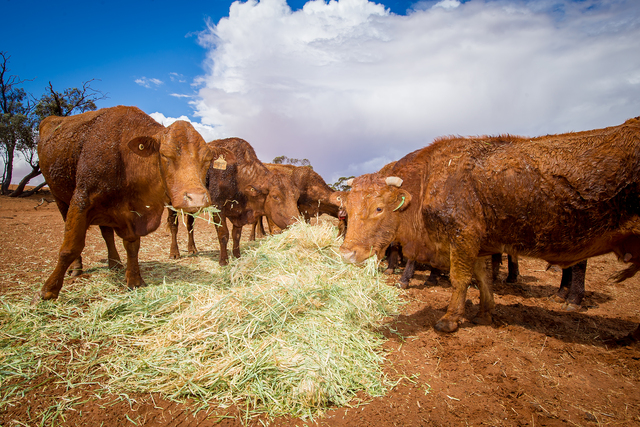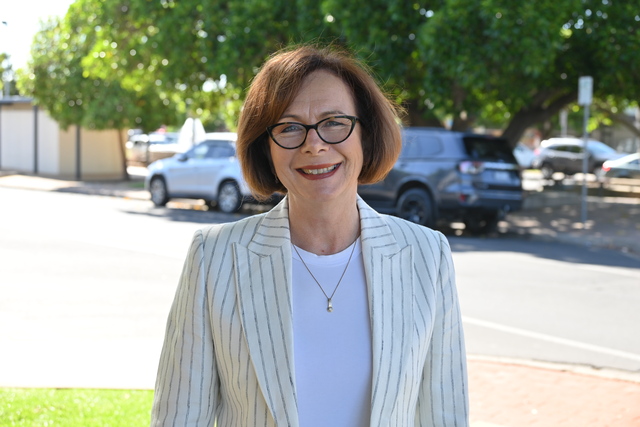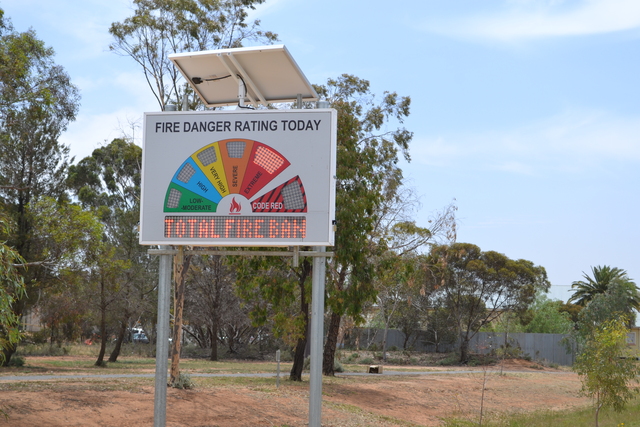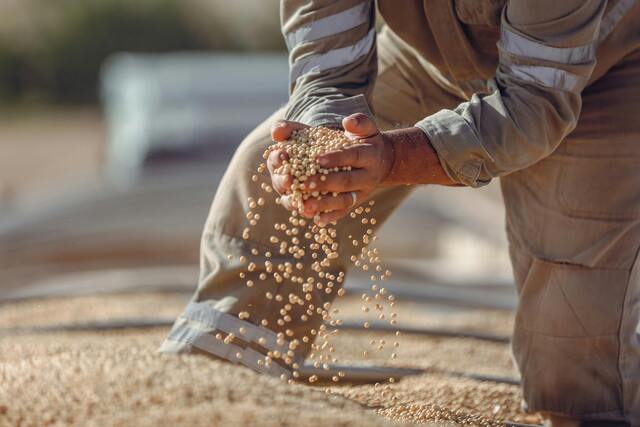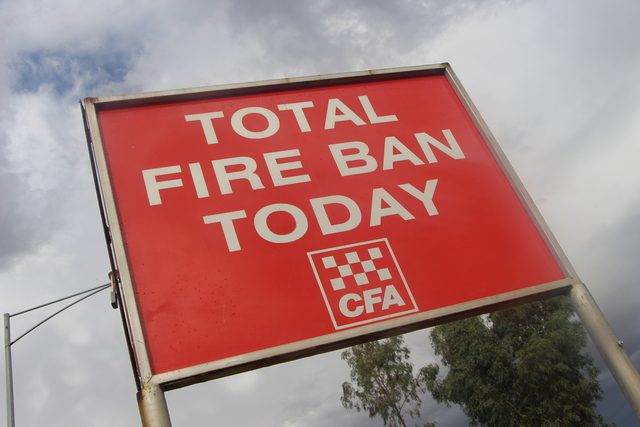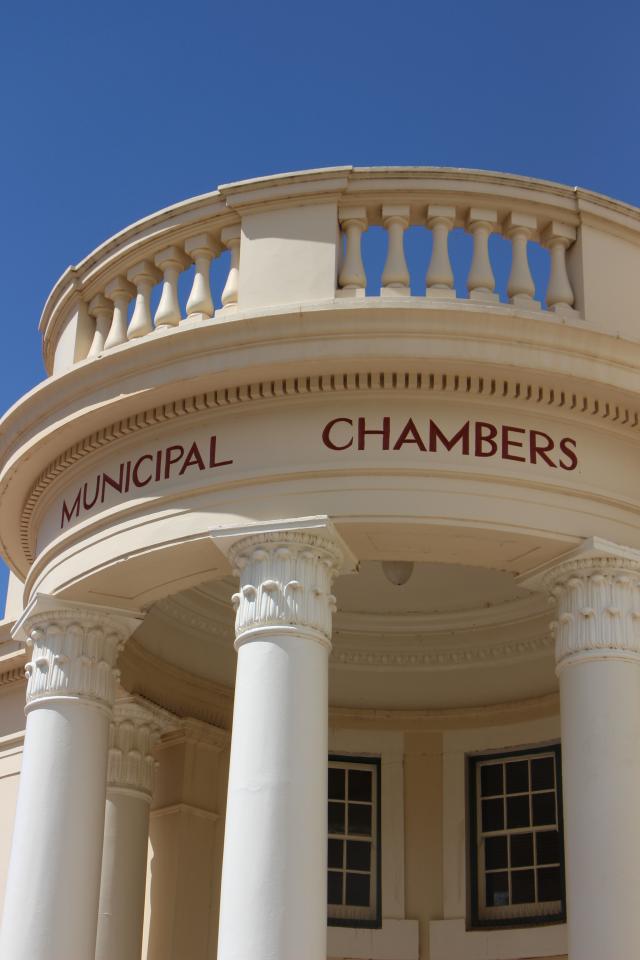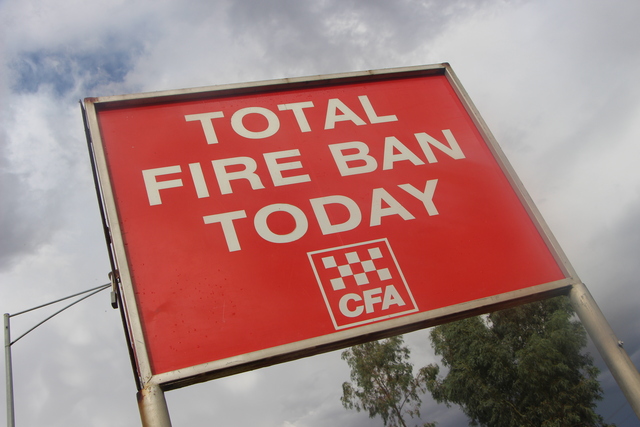
A GROUP of rural Victorians have announced they are considering a class action against government agencies if the 2018 duck hunting season proceeds.
Kerrie Allen, a spokesperson for the group, Regional Victorians Opposed to Duck Shooting, said that for three months of the year it was like “living in a war zone.”
“Our stock are upset and agitated, our pets are upset, our children are in tears, visitors won’t come – it’s just awful,” she said.
The hunting season is scheduled to open on Saturday, March 17.
Ms Allen said the class action was being considered because residents felt they were not being listened to by government and parliamentary representatives.
“We’ve tried to liaise with our members of Parliament and the Game Management Authority, and we just feel that we’re not being considered,” Ms Allen said.
“It’s forcing our backs against the wall – we just can’t go through another season.”
Minister for Agriculture, Jaala Pulford has said that the government will not be making any changes to the 2018 season unless it is advised by the Game Management Authority.
“Duck hunting is provided for under the Wildlife Act and associated regulations. The Government does not intend to make any changes to this legislation,” she said.
“Any changes to the standard arrangements for next year’s season will be based on the independent advice of the Game Management Authority,” she said.
But Ms Allen said that residents may have a legal case if the season continues.
“It’s the noise – it’s incessant. Legal advice is that there is potentially an angle because it’s unreasonably intrusive, it’s impacting people’s well being, including young children, which is just unforgivable,” she said.
According to the Game Management Authority, as of June 30 last year 0.4 per cent of the population held game licences which entitled them to hunt duck.
“0.4 per cent of the population shoot ducks but 99.6 per cent of us have to live with that,” said Ms Allen.
Ms Allen said the benefits of the season to small towns had been vastly overstated, and came at a big cost to community members, with negative impacts on rural businesses despite claims from proponents that it brought vast economic prosperity to rural towns.
Ms Allen said that this isn’t so, as shooters tended to bring the majority of their supplies from home instead of purchasing them in small towns, and instead it scared away other forms of tourism.
“It’s impacting our way of life – our ability to run businesses and achieve an income for 3 months of the year. We’re struggling to make an income so how’s that fair?”
A 2012 report by independent think-tank The Australia Institute stated that economic benefits to small towns had been “wildly overstated” and based on flawed methodologies.
Ms Allen said that the group instead wanted to attract more eco-tourism to rural areas, but that the wetlands were overtaken by shooters every season.
“These waterways are beautiful and our public should be allowed to enjoy them – not be terrified to go near them.”
Ms Allen said that many didn’t realise that the impacts on residents and the tourism industry didn’t cease when the shooters left.
“After the three months the impacts don’t stop – you’ve got people finding bits of birds and bits of cartridges,” she said.
“You can’t have people coming for nature walks with stuff like that – it just doesn’t work.”
Boort resident and historian Paul Haw agrees that the season creates problems for other forms of tourism, but also said that it poses a threat to the Indigenous history of the Boort area.
“[Shooters are] camping on [traditional] cooking mounds, burning the scar trees around the lake, taking trailer loads of fire wood home and leaving rubbish – it’s hard to do tours with kids when that’s all around the wetland,” he said.
“If they shot ducks sensibly I wouldn’t mind, but the culture’s changed. I used to shoot ducks when I was a kid. We never saw any of this,” he said.
Mr Haw said that the actions of those shooters not following regulations were disappointing.
“At Lake Cullen 2000 birds floated ashore [after being shot and not collected]. Before the shoot was started we counted 150 [endangered] freckled ducks, then afterwards 150 freckled ducks floated ashore. They shot all of them – that’s disgraceful,” he said.
Ms Allen said that it was time Victoria caught up with those states that had already banned duck shooting.
“If our government is serious about jobs and growth in small rural towns and serious about animal welfare, it’s time we banned this unpopular practice like other states already have already done.”

